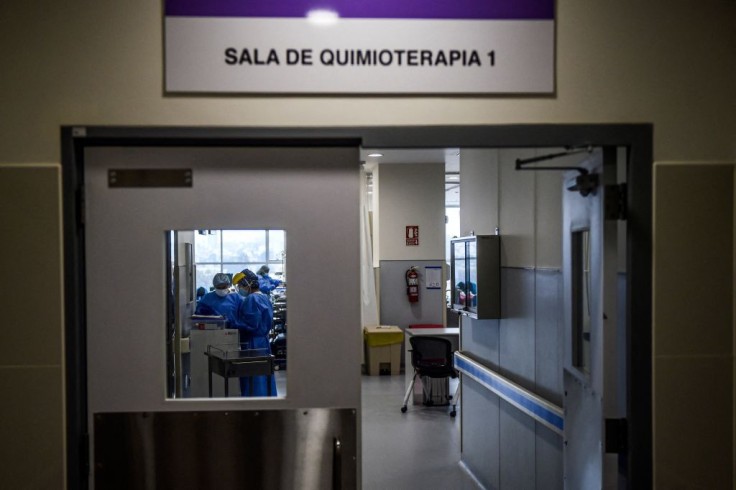
By associating a chemotherapy drug with an antibody, doctors can more efficiently target and deliver powerful cancer medications directly to tumor cells, leading to fewer side effects.
Chemotherapy Drugs Linked to Antibodies Effective for Cancer Treatment
These chemotherapy-antibody combinations, known as antibody drug conjugates (ADCs), act like heat-seeking missiles or Trojan horses for cancer cells. They are designed to straightly target and enter tumor cells, delivering their deadly payload straight inside.
This idea is not new; the first ADC was certified by the FDA in 2000 for treating intense myeloid leukemia. Since then, approvals have expanded to include medications for breast, lung, cervical, and ovarian cancers, with over 100 ADCs recently in clinical development, as noted in a review published in Cancers.
Oncologists are increasingly eager about ADCs as researchers determine better targets, permitting these drugs to attack cancer cells more accurately.
"There's been an explosion of these agents in recent years, with many in clinical trials," said Dr. Erika Hamilton, director of breast and gynecologic cancer research at the Sarah Cannon Research Institute.
New findings presented at the ASCO conference in Chicago emphasize the efficiency of two ADCs in lengthening the lives of patients with numerous myeloma and breast cancer.
Dr. Hatem Soliman from Moffitt Cancer Center remarked on the promising future of ADCs, stating, "It appears to be here to stay."
How Does ADC Work?
Roughly 2 million people in the U.S. will be diagnosed with cancer this year, with many receiving standard chemotherapy, which wildly kills both cancer and healthy cells, causing essential side effects.
ADCs, however, are engineered to attack only cancer cells using monoclonal antibodies that target particular regions on these cells. Dr. Giuseppe Curigliano from the European Institute of Oncology explained, "The antibody binds to a target region, allowing chemotherapy to enter the cancer cells."
This targeted method permits higher concentrations of the drug to be delivered inside tumor cells. ASCO's chief medical officer, Dr. Julie Gralow, highlighted that this approach allows the use of more powerful chemotherapies that would otherwise be too toxic.
Despite this, side effects are not removed. Patients can still experience common chemotherapy side effects, though often to a lesser extent, as evidenced by Rose Fish, a 79-year-old patient who reported fewer side effects compared to standard chemotherapy.
Patient Saw Significant Improvement with ADC Treatment
Fish, who was diagnosed with breast cancer in 2011 and later experienced a recurrence, saw significant improvement with ADC treatment under Dr. Soliman. This case illustrates the potential of ADCs to change cancer treatment.
Fish was found to have a subtype of breast cancer called HER2-low. One research conferred at ASCO showed that Enhertu, an ADC from AstraZeneca and Daiichi Sankyo, essentially postponed tumor progression in HER2-low breast cancer patients compared to chemotherapy.
In April, the FDA extended Enhertu's approval for use in any HER2-positive cancer, including stomach and colon cancers. Another study on Blenrep, an ADC from GlaxoSmithKline, showed it outperformed a standard treatment for multiple myeloma in delaying disease progression.
These findings add to the growing excitement that ADCs could become a standard chemotherapy approach.
Dr. Sophia Karagiannis from King's College London likened ADCs to "smart warheads," predicting they will become a mainstay in combination cancer treatments. The focus now is on enhancing the precision and longevity of these drugs.
Dr. Dale Shepard from the Cleveland Clinic noted that ADCs often result in fewer side effects and less frequent treatments compared to traditional chemotherapy, although they are typically more expensive.
Dr. Hamilton from the Sarah Cannon Research Institute mentioned that some ADCs are already being used as first-line treatments, underscoring their increasingly vital role in oncology.
Related Article: Nonhormonal Breakthrough Drugs Help Women Battling with Menopause Symptoms But Encounter Difficulties with Insurance Coverage